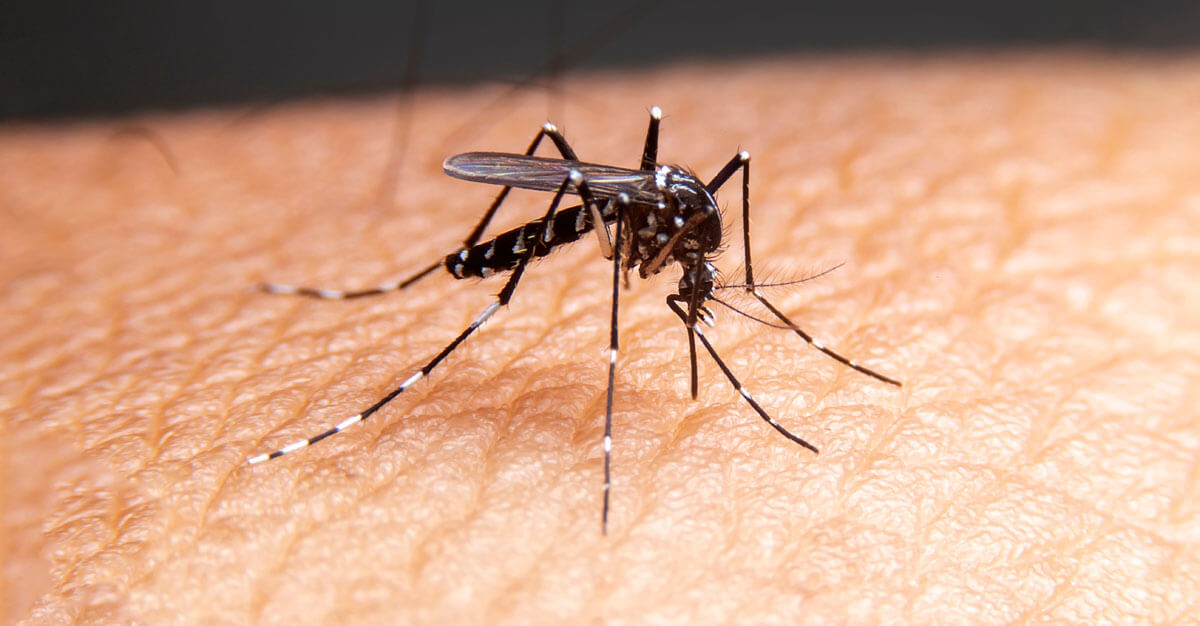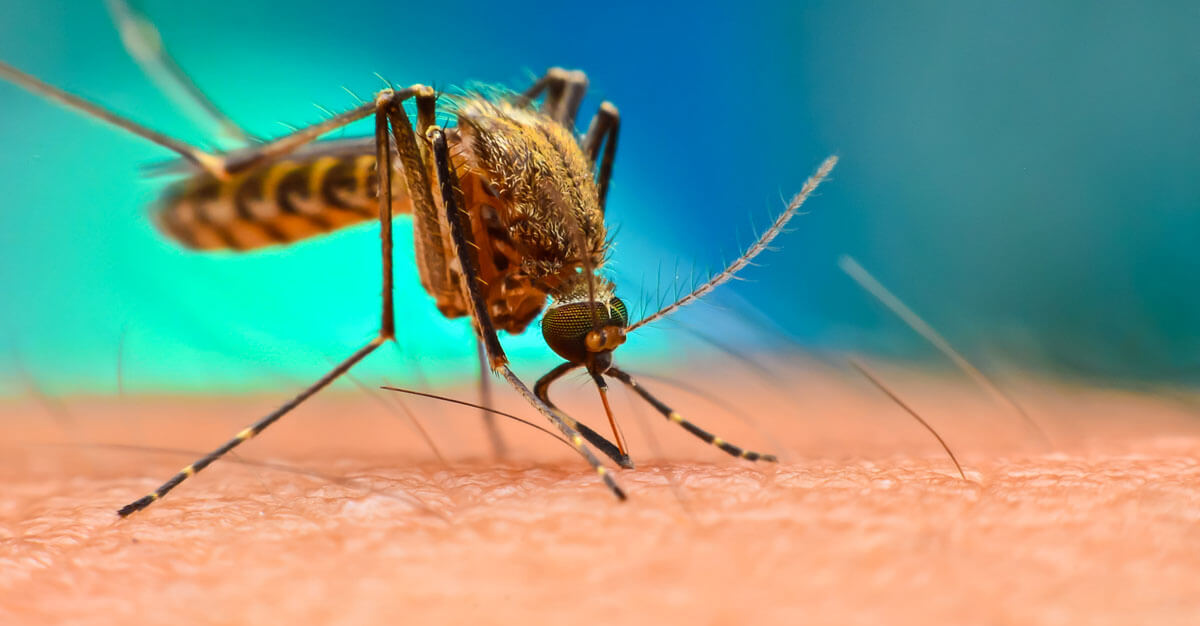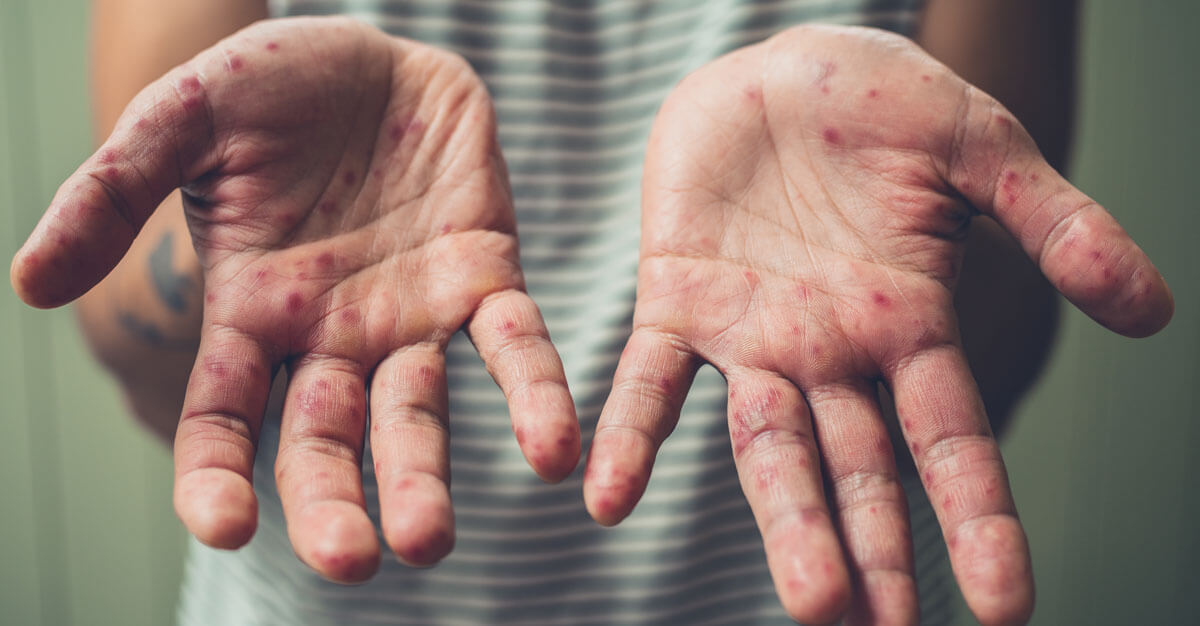
Vacations are all about fun, and enjoying yourself. You cruise from one destination to another, having a blast while you are doing it. However, one thing that you should always stay during a vacation is to be hydrated. You need to drink water so that your body does not get dehydrated during your trip.









